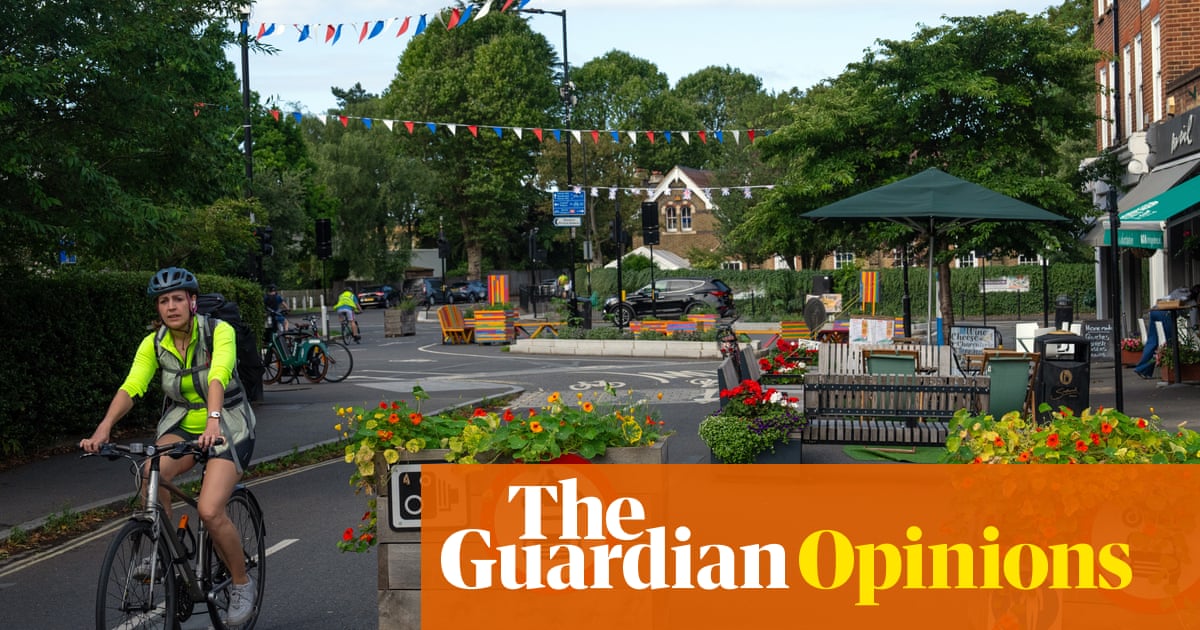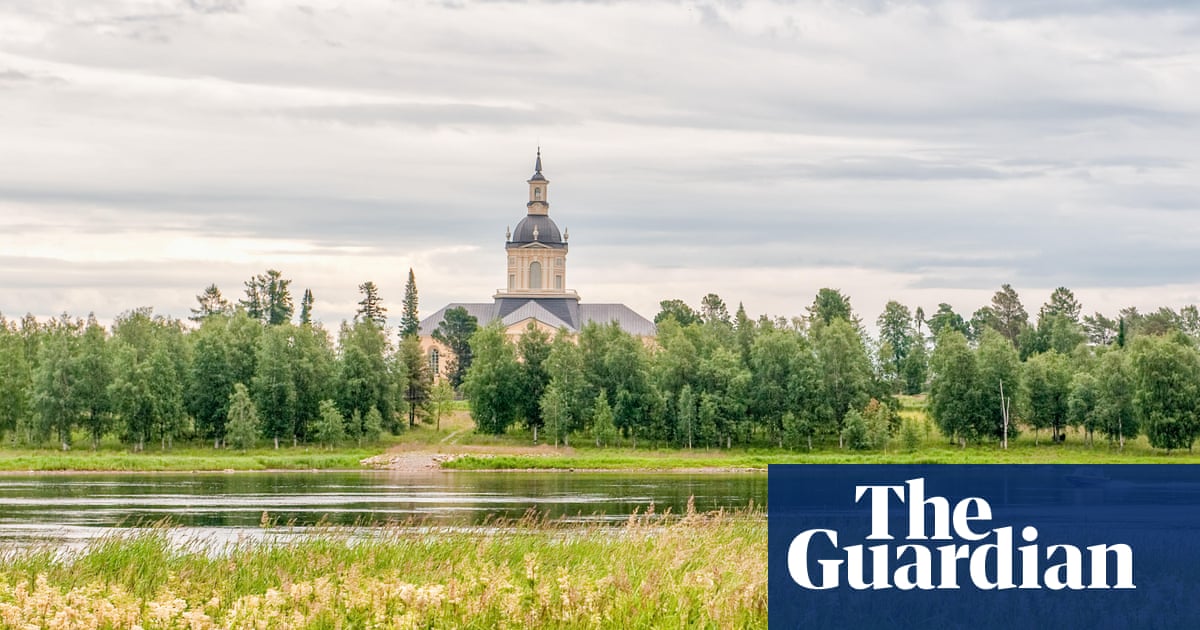The precedent is uncanny, and the failure to learn from it downright mystifying. Keir Starmer is rushing gladly towards the catastrophe Boris Johnson inflicted on himself in 2020. Had he set out to stymie Labour’s chances of re-election, he couldn’t be doing it better.
In 2020, Johnson promised “a whole new planning system” for England, which, he claimed, would promote “economic growth”. He said he wanted to see 300,000 new homes built every year. He sought to “build, build, build”, but falsely claimed that his plans were thwarted by newts, which he used as shorthand for environmental protections. He would sweep these protections away.
At first, the response was muted. Those of us who sought to explain the problems with his proposals were ignored or dismissed. But we could sense a slow wave of fury gathering, as people began to realise that what remained of our green and pleasant land would be handed on a platter to ruthless corporations.
In June 2021, in a byelection in the most Tory of Tory constituencies, Chesham and Amersham, the Conservatives suffered a massive electoral shock, losing to the Lib Dems. A large part of the reason, as Tory MPs conceded, was anger over Johnson’s proposed assault on the planning system.
In parliament the following week, the then shadow environment secretary, Steve Reed, argued that the unpopularity of the Tory proposals “is not because voters are nimbys, as ministers rather offensively like to brand them, but because residents rightly want and deserve a say over how their own neighbourhoods are developed”. Why, he asked, “would the government do something so desperately unpopular with their own voters, let alone with all the rest of voters?”
The problem with getting homes built, he argued, “is not the planning process; it is developers who do not build the homes once they have consent”. While nine out of 10 planning applications are approved, “over 1.1 million homes that received consent in the past decade have still not been built”. The reason, he explained, is “land banking. That is where a developer gets approval for an application to build new homes, but instead of building, waits for land values to rise so they can sell it on without having laid a single brick.” There was, and remains, plenty of evidence for this contention.
The Tories frantically backtracked, cancelling the proposals that had ignited public rage. But their spell had been broken – they no longer looked impregnable. Now Reed is the environment secretary, and presiding over the government’s planning and infrastructure bill, which will strip away protections for wildlife, habitats, parks and playing fields, deregulate the planning system and roll back our democratic rights. The bill, the government claims, will promote economic growth and enable 300,000 new homes to be built every year.

Keir Starmer says he wants to “build, baby, build”. He has justified the bill by insisting that newts and bats are impeding development, though this remains as untrue as it was when Johnson said it. The government has admitted there’s almost no evidence that nature protections are blocking development. Starmer has branded people who want a say over how their neighbourhoods are developed as “time-wasting nimbys”, “blockers” and “zealots”.
When I first wrote about the bill’s threat to wildlife and green places, Reed’s deputy, Mary Creagh, the minister for nature, denounced my article as “deeply misleading”. She offered no evidence.
Two days after her letter was published, the government’s green watchdog, the Office for Environmental Protection, issued its own analysis, which was very similar to the case I made: the bill “would have the effect of reducing the level of environmental protection … the provisions are a regression”. This was hardly surprising: a vast range of ecologists, government advisers and leading barristers had already come to the same conclusion. I have asked Creagh for an apology, but have received no reply.
Partly in response to my article, Reed’s department held a press conference, the purpose of which was to tell everyone they had got it wrong. The Guardian’s brilliant reporter Helena Horton asked about a provision in the bill that allows developers to trash local habitats, parks and playing fields, as long as they pay to create alternative provision somewhere else. Doesn’t this mean that people will be deprived of access to nature and green spaces, as the new provision wouldn’t even need to be in the same county? “That is not the intention of the bill,” she was told. But, she persisted, it’s the effect of the bill? The official admitted that it is. It doesn’t matter what a government’s “intentions” are: what counts is what the legislation says.
Anyway, its intentions couldn’t be clearer. Starmer and Rachel Reeves say they want to “clear out”, “kick down”, “tear down” and “sweep away” planning and nature laws. The violence of the language tells us all we need to know.
Just as my “deeply misleading” article was going to press, the government announced an amendment to the bill, shutting down consultation on major infrastructure projects at the crucial pre-application stage. This brings it even more closely into line with Johnson’s 2020 disaster.
In seeking to justify the amendment, the government cited the support of a lobby group called Britain Remade. It turns out to be run by former special advisers to Johnson and Liz Truss, and the former head of research at the Adam Smith Institute, a highly opaque neoliberal junktank. It calls itself “an independent grassroots organisation”, which always sets off my alarm bells. Especially when it also tells us “Britain Remade is not currently able to accept grassroots funding”.
I asked Britain Remade how it can call itself a “grassroots” organisation, who funds it, what its budget is, whether it has a board and who sits on it. It sent me a rambling answer addressing only one of these questions: “All of our current funders are listed online.” But its website names only two, while stating it receives “grants from a range of organisations”. I asked another three times, but have heard no more. It’s not just that similar groups swirled around Johnson. In some cases, these are the same people.
The bill may make no difference to Labour’s electoral prospects, as Starmer, betraying one hope after another, simultaneously detoxifying Reform UK and toxifying the Labour party, is likely already to have torpedoed them. But if it hasn’t happened yet, this could be the final rupture. I ask again, what is he playing at?
-
George Monbiot is a Guardian columnist

 7 hours ago
7
7 hours ago
7

















































